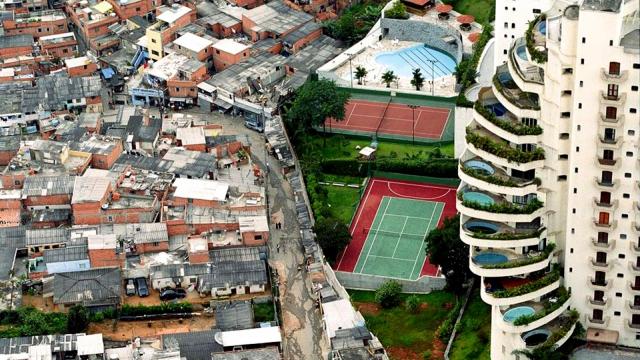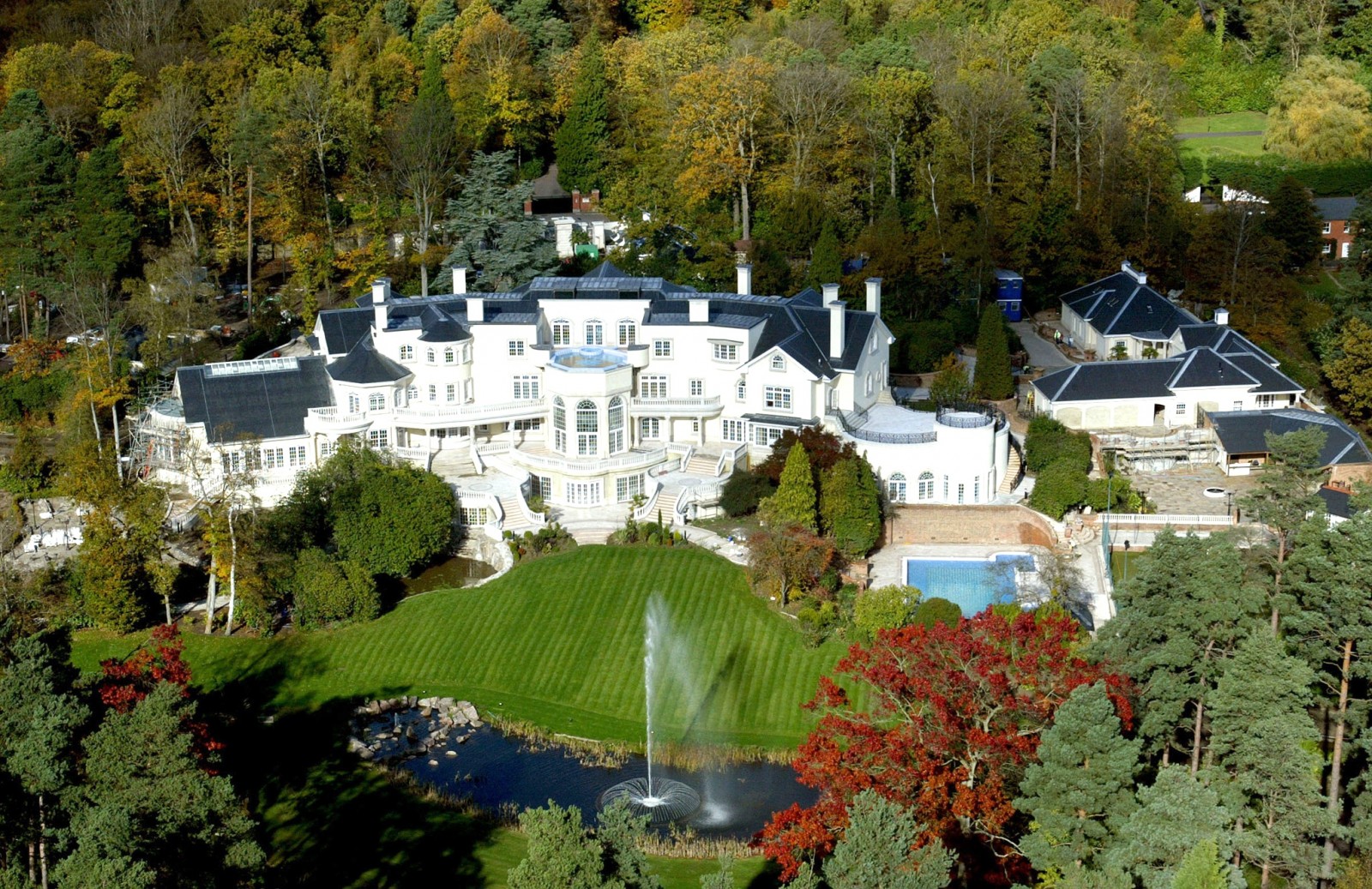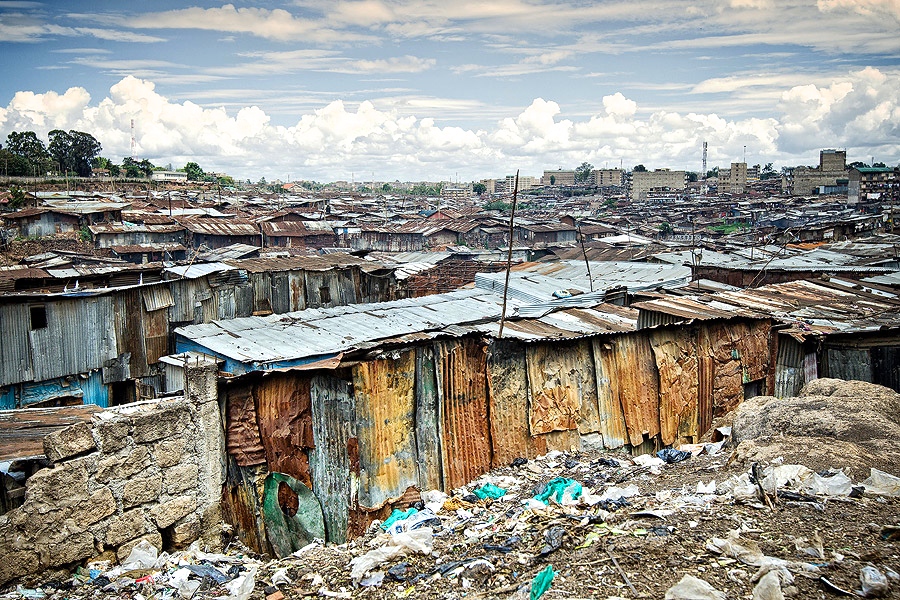
The world's elite have rigged laws in their own favor, undermining democracy and creating a chasm of inequality across the globe, international organization Oxfam said in advance of the annual get-together of the world's most powerful in Davos, Switzerland.
Inequality has run so out of control, that the 85 richest people on the planet are worth nearly as much as the poorest 50 percent of the world's population, Oxfam said in a new report on widening disparities between the rich and poor.
The report exposes the "pernicious impact" of growing inequality that helps "the richest undermine democratic processes and drive policies that promote their interests at the expense of everyone else," the statement said.
Inequality has emerged as a major concern in countries around the world, with President Barack Obama prioritizing a push to narrow the wealth gap in his second term.
But the wealth gap in America is still growing. And the problem seems likely to worsen as the International Labor Organization, the U.N. labor agency, reported that 201.8 million people around the world were unemployed in 2013 — an increase of 4.9 million from the previous year.
In China, the new government there has cracked down on perks and privileges of the elite, and Germany seems set to adopt a new minimum wage.
The World Economic Forum (WEF), which organizes the Davos conference, warned last week that the growing gulf between the rich and the poor represents the biggest global risk in 2014.
"The chronic gap between the incomes of the richest and poorest citizens is seen as the risk that is most likely to cause serious damage globally in the coming decade," the WEF said.
But many of the corporate giants and world leaders set to confer at Davos, a posh ski resort tucked on the eastern reaches of Switzerland near Liechtenstein, are implicitly pointed at by Oxfam.
Among the report's many shocking statistics about wealth and inequality: the world’s wealthiest 1 percent have $110 trillion in assets, 65 times the wealth of the poorest 50 percent of the world's population. The richest 85 people in the world have as much wealth as the bottom 50 percent, according to the report.
Oxfam goes on to blame specific practices that lead to a "rigging (of) the system," where money is funneled almost exclusively to the already-wealthy.
"Policies successfully imposed by the rich in recent decades include financial deregulation, tax havens and secrecy, anti-competitive business practice, lower tax rates on high incomes and investments and cuts or underinvestment in public services for the majority," Oxfam said.
Still, the speakers at Davos this year will train their brains on this thorny issue. In the forefront will be Australia's Prime Minister Tony Abbott. Sydney has just taken on the G20 presidency, and in a speech on Thursday Abbot is expected to tackle the rich and poor gap issue, with the fight against tax havens and evasion firmly on target.
In the report, Oxfam said that "since the late 1970s, tax rates for the richest have fallen in 29 of the 30 countries for which data are available, meaning that in many places the rich not only get more money but also pay less tax on it."
3 WAYS TO SHOW YOUR SUPPORT
- Log in to post comments













